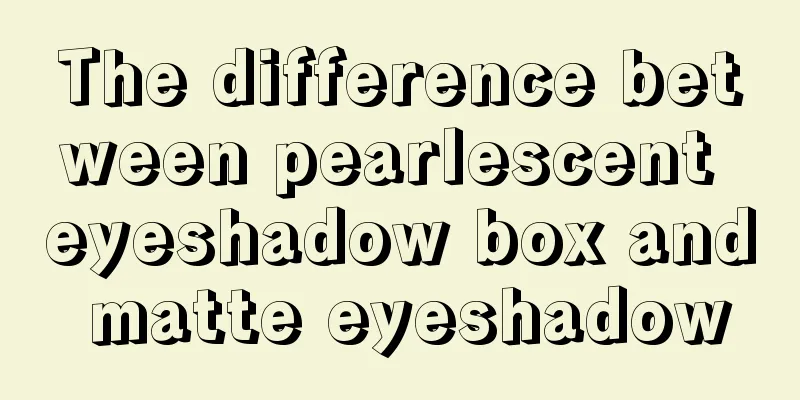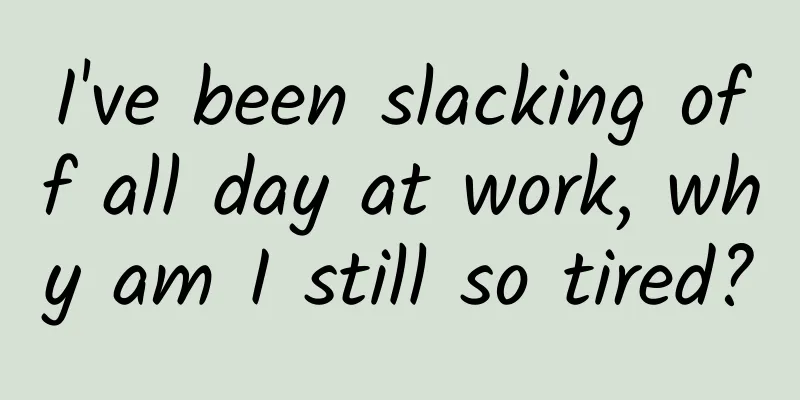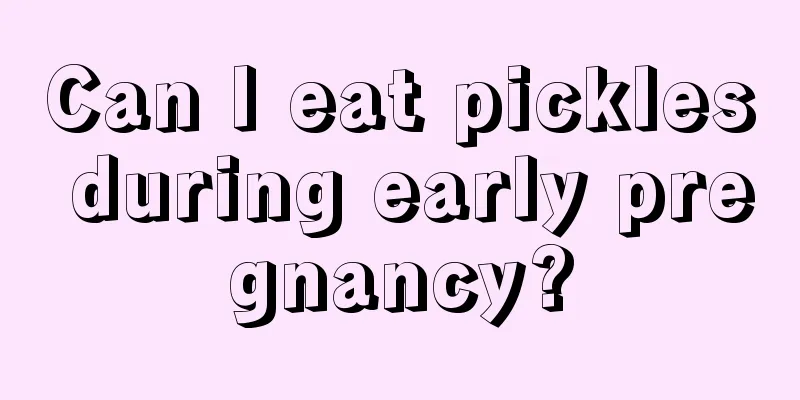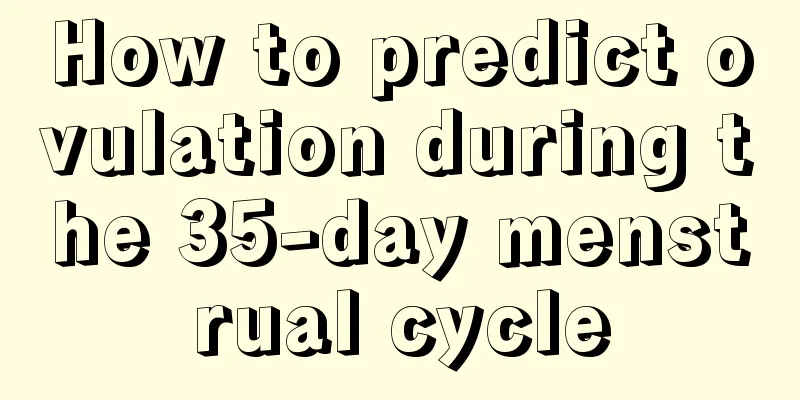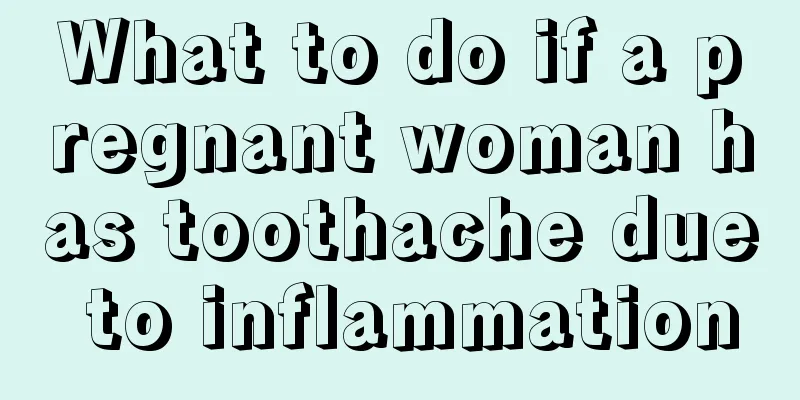Five myths about mobile app optimization in the App Store in 2014
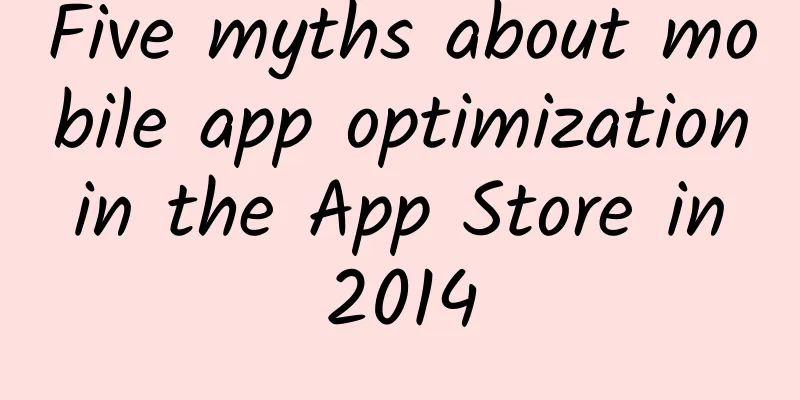
|
Apps are a very big business. According to the Wall Street Journal, app sales reached $25 billion. This does not include the vast benefits generated by other industries that form part of the app economy. VisionMobile estimates that the global app economy will reach as high as $143 billion by 2016. With growth rates reaching and exceeding 30%, the app industry is the hottest field at present. As it grows, app production and purchases are rising. With billions of smartphones around the world, people are buying apps. That’s why App Store Optimization (ASO) is so hot among marketers and SEO experts. Unfortunately, there are still many myths that persist and many secrets that need to be uncovered. We are dealing with a serious topic and we cannot afford to mess it up. How important is App Store Optimization? First of all, ASO is really important. Why? Not only is apps a big business, but customers are looking for them. Apptentive reports that 63% of Apple app customers browse the App Store to find new apps. There are many different ways that customers find new apps – media, websites, friends, etc. But there is no doubt that customers are looking for apps. Nielsen’s data echoes Apptentive’s. According to the head of search and discovery at Google Play, Ankin Jain, 12% of all-day active users look for apps every day. A whopping 50% of daily active users look for apps at least once a week. Over the course of a month, Google Play processes 6 million unique search phrases. We need to get better and better at ASO to get rid of the following fallacies Myth #1: Changing your title usually works for advanced searches Truth: Pick a title and stick with it Without a doubt, the title is the single most important unit of app store optimization. As the devout, Google Play's head of search said in the Inside Mobile Apps report, the title is the most important unit. In response, some ASOs began switching titles to better suit advanced searches. They created different titles every day, changing keywords, adding keywords and renaming their products. However, doing so did nothing to improve rankings. In fact, it hurt it. In an earlier article on ASO, Robi Ganguly pointed out: “Changing your title to include different keywords all the time can be detrimental. As your app starts to rank higher and get more reviews, word about your app will spread by word of mouth, and changing the title will make that difficult. Once you pick a title, that’s it, and you better make it a good one. Here are four tips.” 1. Keep it short — 25 characters Short titles are easy for users to read on the egg screen. Long titles will be cut off. As one of the most important search data in the App Store, you don’t want it to be chopped off. The following app, Productivity Wizard, only has part of its name visible on the screen. They would have preferred not to use such a long name because if you can’t see it on the app browsing screen, you’re less likely to download it. 2. Make it innovative Why should it be new? Searchers are either for categories or navigation. Users will do a navigation search to access your app after hearing or seeing it. If the title is new, it is more likely to be remembered and successfully searched. Navigated searches are for things like “Angry Birds” and “Evernote,” rather than queries like “bird games” or “note-taking apps.” 3. Make it unique Unique is similar to novelty, but with a difference. Novelty is about standing out to the user. You don’t want your app to get lost in the morass of copycat apps like Flappy Pig, Flappy Wings, Flappy Fall, Flappy Hero, Flappy Monster, Flappy Nyan, etc. ad nauseum. Copycat apps rarely succeed like the apps they copycat. Searching for “flappy” returns 2,193 app product results. A lack of unique titles means you’ll get lost in the crowd. 4. Use a keyword, but don’t keyword stuff it Keyword stuffing is as relevant in ASO as it is in SEO. Apple reports that “the use of repeated or irrelevant keywords in app titles, descriptions, or promotional descriptions can create an unpleasant user experience and lead to an app being suspended.” Remember, you only have 25 characters, so a concise title with a short keyword is all you have. Myth 2: Keywords don’t matter Truth: Keywords are important Some people believe that keywords are important for SEO (search engine optimization), and rankings are important for ASO. Because ASO and SEO are completely different, many optimizations do not need to consider the importance of keywords in title creation and description. The truth is keywords are very important. Keywords are important in your title and description, don’t ignore it, use keywords. MobileDevHQ's research on title keywords: App titles that included keywords ranked 10.3% higher than those that didn’t, which doesn’t sound like a lot. But it’s easy to put keywords in your title, so why not do it? Go back to the data surveyed at the beginning of the article and remember how many users are searching for APP. Graph from Apptamin. The App Store and Android Market have calculation methods that use traditional search methods - keywords. Don't ignore keywords. Myth 3: It’s all about class The truth: Level is important, but not everything There is no disputing the fact that rank is important. Judging by the push notifications and the fact that the app is almost begging for money, you would think that rank is the most important feature in ASO. Rating, as the most important feature in the app feature list, has the effect of influencing the likelihood of users entering or downloading the app. The truth is, while app rank is important, it’s not as important as most people think to affect your app’s ranking. To uncover the truth behind the impact of ratings, Inside Mobile Apps conducted a study. They first examined a random sample of simple search terms (1-25 results), medium search terms (25-100 results), and complex search terms (101+ results) to see how each app ranked based on the ratings. Here is their ranking comparison for iOS: Graph from insidemobileapps.com The rankings of apps after the eighth place dropped sharply. But what's interesting is that the rankings of the top eight apps don't seem to have that much impact, and the fluctuations are all up and down. In the simple search terms, the researchers found that the ranking of the tenth-ranked app was as low as 1.09, which is frankly terrible. Here are Google Play’s rankings of the apps. Unlike iOS, which has a big drop-off at the bottom of the rankings, the researchers suspect that “Google Play’s search algorithms for app discovery and visibility appear to take a more meritocratic approach, allowing higher quality apps to rise to the top.” Graph from insidemobileapps.com There are more fallacies that destroy the ratings are everything. Even some highly competitive apps at the top of the charts are not supported by high ratings. Look at the picture below, no one wants to be rated one or two stars, but this is the reality, even at the top of the rankings. Graph from insidemobileapps.com Of course, ratings are good. High ratings are good. For users, those four- or five-star statuses give a good impression. But in terms of ranking convenience, it plays a lower role than we think. Myth 4: If it’s in a store, people will find it Truth: It takes a lot of downloads to gain recognition. Some ASO people think that as long as an app is in Google Play or App Store, it will be discovered, downloaded, and get the desired revenue. Please see the statistics below.
There are tons of apps out there. To compete successfully, you need more differentiation than just some clever keywords in your title and description. You need to download, and the impact of downloading is often underestimated. This is a tough trade. Because in order to get more downloads, you need more downloads. Let the data speak for itself. The more apps you download, the higher you rank, that's it. Download speed depends largely on your marketing perspective. According to the SEW report, the download speeds of top-ranked apps vary widely, depending on their path to popularity. Image from Search Engine Watch. To organically grow app downloads, it’s usually best to go the traditional marketing route — social media, content marketing, PPC, mailing lists, etc. Once you slowly gain downloads, you can then increase your ranking, and then get more downloads, higher ranking, more downloads, until you reach a tipping point. Don't go the route of scammers who add junk downloads to simply boost their rankings. This algorithm is programmed to automate download methods. For example, automated or inorganic virus-generated downloads. In addition, it has been reported that it can even identify spam through huge lists of potential customers via email, and cause downloads to surge. Myth 5: Description is not very important Truth: Description is very important It is said that ASOs fail to achieve excellent results because they fail in description. The following reports claim to train you to be an ASO ninja: Description doesn't make a difference. Their carte blanche statement says: From a pure ASO perspective, the description does not affect the search ranking in the App Store. In other words, the Google Play algorithm takes the content of your app description into account when ranking. Descriptions are important for both Google Play and the App Store, and even if the quality of the description and the keywords used have no impact on how the rankings are calculated, it cannot prove whether there is a potential influence on users to download the app. In turn, these download statistics have an important impact on rankings. Search Engine Watch reports that the second most important ranking factor in the App Store is “App Description” right after the top ranking. They state that “Descriptions help you rank better in the App Store.” The top ranking factor is “a natural combination of keywords focused on the title and description data.” AppTweak has a similar description: Keywords have a huge impact on ASO. In fact, whether it is the iOS apps title or keywords or the Google Play apps title or description, keywords have a significant impact on the App Store algorithm, so they need to be chosen wisely to give the app maximum visibility and the greatest chance of being discovered. in conclusion Part of app store success is simply avoiding the pitfalls. You can’t create the world’s next Crazy Bird or billion-dollar Instagram. But with enough hard work and savvy, you can create an app that gets discovered, downloaded, and makes you successful. |
<<: Communicus: 83% of children aged 6 to 9 own tablets
Recommend
Half of the world's population may be overweight by 2035, with more and more people falling into the quagmire of obesity
China Science and Technology News Network, March ...
How to know ovulation when preparing for pregnancy? How to read ovulation test paper
After getting married, many couples will choose t...
Will vitiligo be inherited by the next generation? How to avoid vitiligo
Vitiligo is a skin disease. The main manifestatio...
What's the matter with the burning pain down there?
What is the reason for the hot and burning pain d...
Breast engorgement during menstrual period
Breastfeeding mothers sometimes find that their b...
Pelvic floor muscle training during pregnancy
In fact, women also need to exercise their bodies...
What is the edible value of rock sugar orange? How to choose rock sugar orange
Oranges are high in vitamin C and have always bee...
Knowing "Pa" is not afraid
Author: Huang Yiling, Wang Yanhua, Luhua Three Go...
A large lump suddenly appeared on the vulva
A large lump suddenly grows on the vulva. This sy...
What should women do if they always have back pain?
Women should take back pain seriously and not jus...
Why is the inside of a grapefruit so hard? Is grapefruit easy to digest?
Grapefruit is known as a natural canned fruit. It...
What should I do if my waist hurts during my period?
Many women feel fear when they hear the words &qu...
Women should be alert to 6 types of vaginal bleeding
1. Inflammatory bleeding Vaginal bleeding caused ...
What soup is suitable for pregnancy?
Bone soup and crucian carp soup are the best food...
